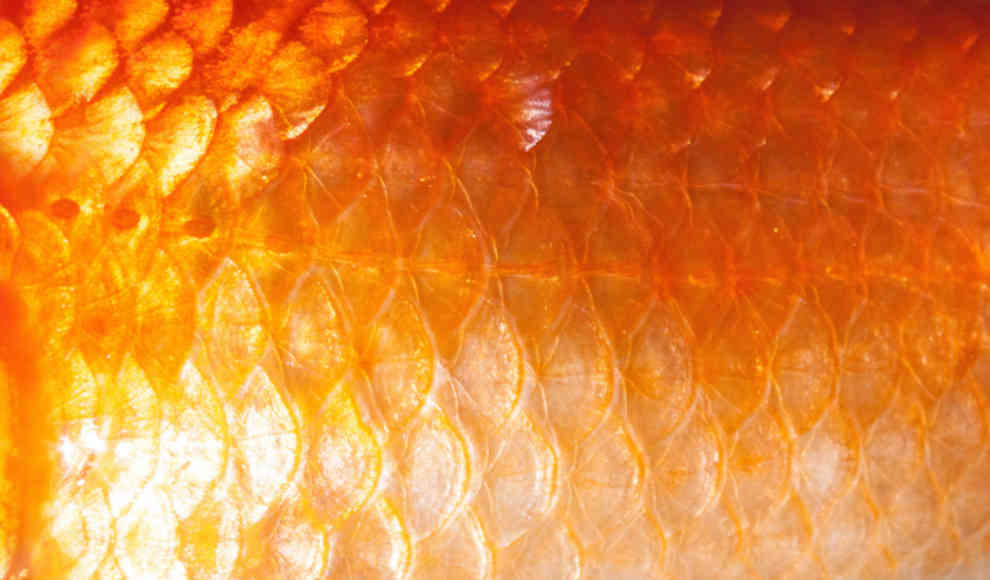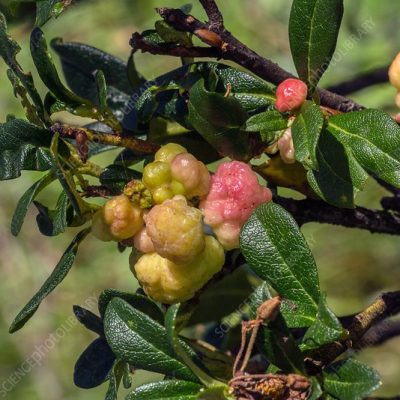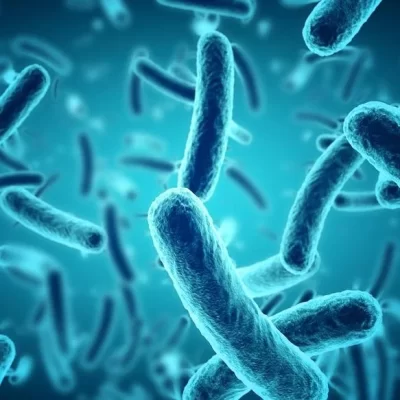Scientists in the United States have discovered substances in fish mucus that can combat numerous antibiotic-resistant pathogens. One bacterium found in the mucus of Pacific rockfish was even able to suppress the growth of colon cancer cells in the lab. The rapid evolution of bacteria is causing increasing problems in medicine, as multi-resistant germs can no longer be treated with currently available antibiotics. The overuse of antibiotics in medicine and preventative administration of drugs in mass animal farming are responsible for the fast adaptation of pathogens. A multi-resistant strain of the bacterium Staphylococcus aureus, also known as the hospital germ MRSA, is particularly dangerous and can be life-threatening for infected people.
Researchers at Oregon State University in Corvallis presented a study at a conference of the American Chemical Society that examined the antibacterial effect of fish mucus. Molly Austin, co-author of the study, explained that “fish mucus is particularly interesting because the animals’ habitat is extremely complex and there are a variety of potential disease-causing pathogens present. It is therefore interesting to find out whether the mucus can protect not only fish but also humans.” The scientists assumed that, in addition to the actual mucus substances, bacteria that inhabit the viscous substance are responsible for the protective function. Since young fish produce more mucus due to their weaker immune system than adult animals, the researchers caught young fish of various species off the southern California coast. The antimicrobial effect of the “friendly bacteria” from the animals’ mucus was then examined. In total, 47 different bacterial strains were isolated from the mucus of the caught fish, which the scientists saw as having potential for combating pathogens. An analysis showed that five of the 47 bacterial strains were able to inhibit the multi-resistant bacterium Staphylococcus aureus. Three other extracts from fish mucus showed effects against Candida albicans, a fungal pathogen. In addition, a bacterium found in the mucus of Pacific rockfish was able to suppress the growth of colon cancer cells in lab cultures.
Sandra Loesgen explained that the scientists “do not yet know exactly what constitutes a healthy microbiome of fish mucus.” Further studies will now clarify whether the bacteria found come from the environment of the fish and were only present in the mucus by chance or whether they typically settle there. The discovery of these substances in fish mucus could be a promising approach to developing new antibiotics and combating antibiotic resistance.










